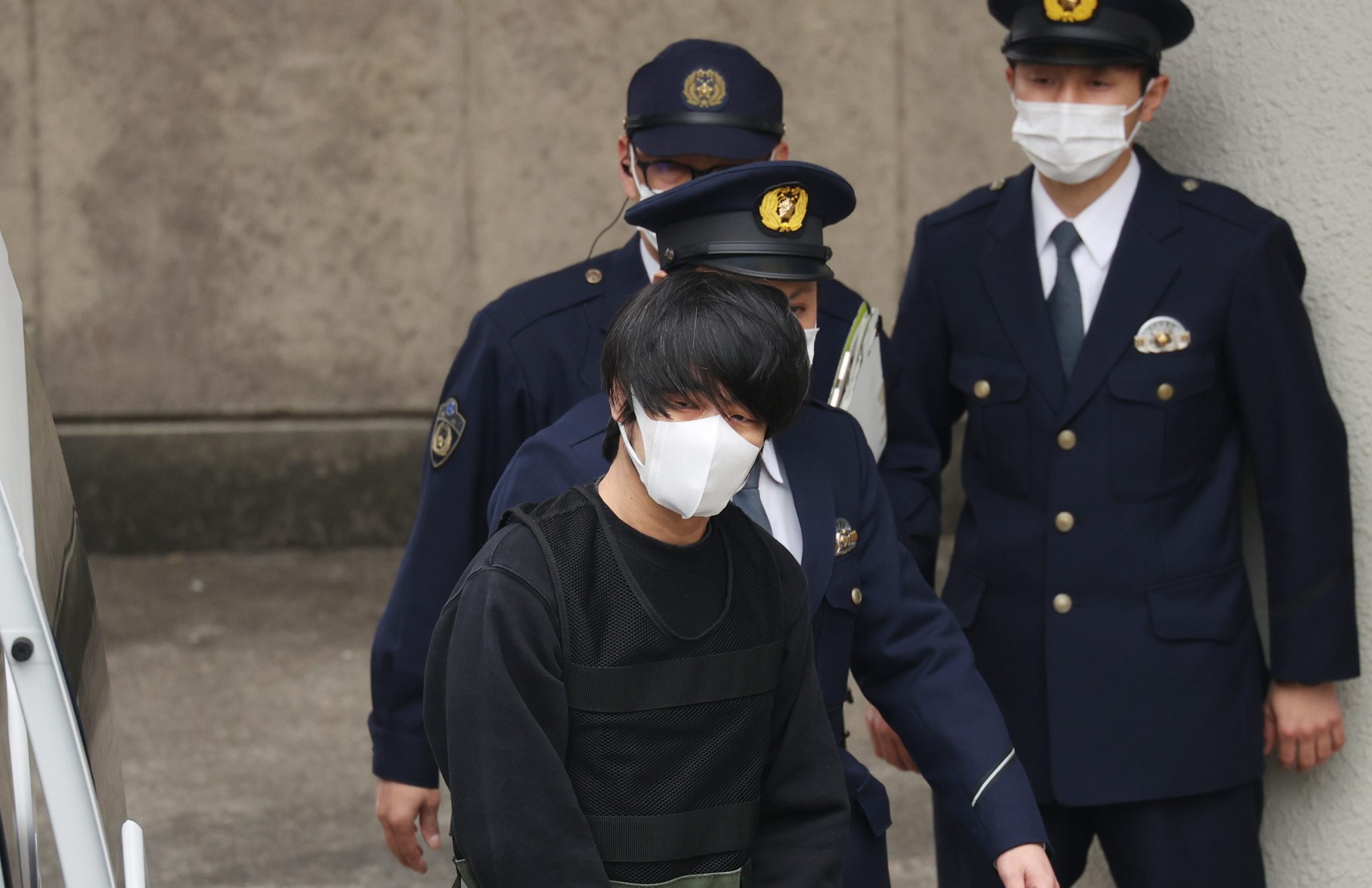Author: Martina Baradel, Oxford University
In July 2022, the violent killing of former Japanese prime minister Shinzo Abe, shot at close range in the middle of an electoral speech, shocked Japan. In October that year, on Halloween night, a man dressed as Joker stabbed commuters on a busy train leaving 17 people injured, shaking the image of Japan as one of the world’s safest countries.
In January 2023, a burglary that ended up killing a 90-year-old woman ostensibly confirmed to the public that crime is becoming more frequent and more violent. Data from the police supported this — for the first time in 20 years, the number of recorded criminal cases increased.
Both national and international newspapers have highlighted the increase in Japan’s street crimes, frauds, murders and sex crimes. In the National Police Agency’s (NPA) October 2022 public survey, 67.1 per cent of respondents answered that they thought that Japan’s security had worsened over the past 10 years. Indiscriminate killings, fraud, child abuse and cybercrime were frequently cited as reasons for this.
The crime situation is having an impact on the public’s sense of security.
Japan has consistently had low crime levels relative to other societies. Japan has one of the lowest homicide rates, recording 0.2 homicides per 100,000 people in 2020, compared to the United States which recorded 5.3.
Robberies in Japan similarly have an incidence of 1.2 per 100,000 people, a tiny figure when compared to France (43.8), Germany (43.2) and the United States (81.4). The rate of serious assaults per 100,000 people is 460 in France, 156 in Germany and 278 in the United States. In Japan, though, the figure is as low as 15 per 100,000 people. The spike in crime rates has been taken seriously as a result.
But crime rates need to be analysed in separate categories and considered over a longer time span. For instance, crimes that are directly related to social mobility, such as robberies, have been particularly low in the past two years, as the COVID-19 pandemic forced many people to spend more time at home.
After an extraordinary drop in the number of cases, the apparent spike in robberies can be considered a return to normal for Japan. The number of cases are still lower than pre-COVID levels and are consistent with the steady decrease that has been observed in recent years.
The infamous Luffy case, in which a group committed serial robberies around Japan that resulted in the death of a 90-year-old woman in her house in Tokyo, brought attention to break-in robberies. One of the group members was part of the Fukushima-rengo, a yakuza group. This incident outraged many yakuza with many wanting the culprits to be punished severely. The case gives the criminal syndicates bad publicity, as they have always been careful to promote a non-violent image.
Reports of serious crimes, such as murder, rape and theft have also increased. But considering these crimes separately reveals that murders in particular have actually slightly decreased in the past five years, while cases of rape and indecent assault have gone up. The definition of rape was expanded in 2018, which might have played a part in the increase in cases. Rates of indecent assault dropped during the first years of the pandemic, so there is an apparent increase now that mobility is less restricted.
Specialised fraud like impersonation scams have concerned the public, the media and the NPA for years. They are often connected with the yakuza, which have diversified their activities in response to increased law enforcement activities. Low-ranking members, for example, are increasingly engaging in petty predatory crimes. Fraud is an easy source of income, as non-members can be hired to commit the crime, making it more difficult for the police to connect these cases to the yakuza.
Public perception of crime over the past 20 years has improved. National surveys demonstrate that the population is not overly concerned about public security. In 2021, before Abe’s killing, 81.1 per cent of survey respondents thought that Japan was a safe country but 54.5 per cent thought that the situation had deteriorated in the past 10 years.
Older national surveys show that respondents’ sense of security was significantly lower. In 2012, 59.7 per cent of respondents thought that Japan was a safe country and 81.1 per cent thought that the situation had deteriorated in the previous 10 years.
Although the 2022 NPA survey registered an increased number of respondents thinking that the crime situation had worsened compared with the 2021 national survey, a few cases that made the national news likely influenced this outcome.
In the past 20 years, registered crimes in Japan have decreased steadily. COVID-19 and related restrictions resulted in a further drop in crime statistics, mainly due to decreased mobility. Even though there has been an apparent increase in crime in 2023, the number of registered cases is still lower than before the pandemic began.
This trend is consistent with the steady decrease of crime observed in the past two decades. As pandemic restrictions in Japan are easing, life goes back to normal, and so does crime.
Martina Baradel is Marie Sklodowska-Curie Fellow in the Department of Sociology, the University of Oxford.



















Discussion about this post